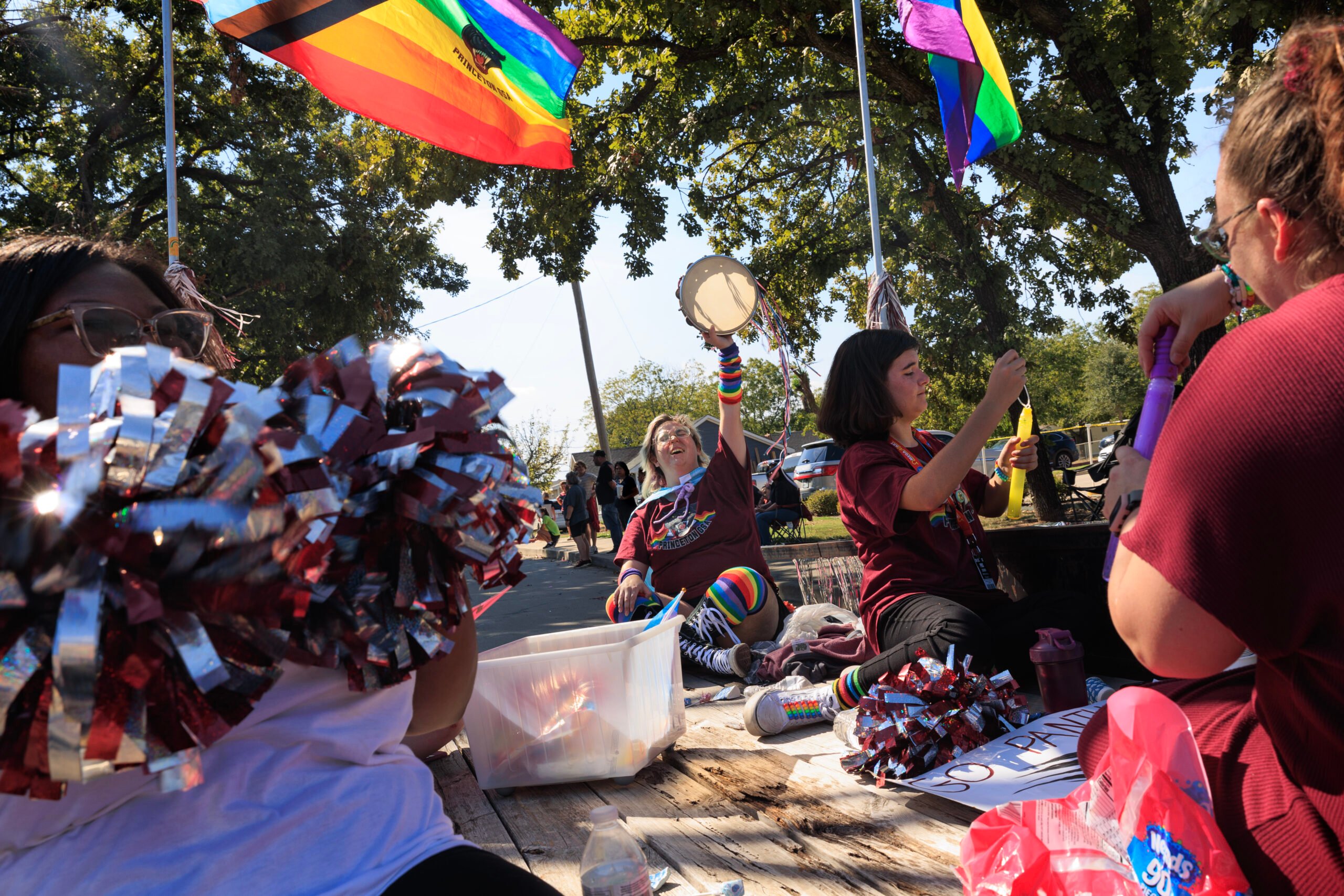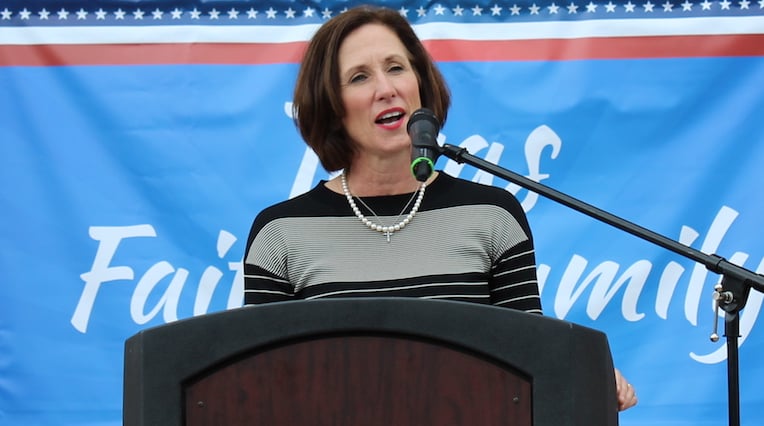
Gay Corrections Officer Alleges Retaliation for Filing Suit
The former Collin County corrections officer's complaint is under investigation by federal commission.


Collin County corrections officer Derek Boyd says he was fired one month after filing a federal lawsuit that accused the sheriff’s office of discrimination and retaliation based on his sexual orientation.
Boyd, 24, says the county’s decision to oppose his unemployment claim has left him unable to cover basic expenses like groceries, rent and his car payment. And he fears he’ll be unable to get another law enforcement job in Texas.
Boyd has temporarily withdrawn his lawsuit, filed in May, while he awaits an investigation by the U.S. Equal Employment Opportunity Commission into his discrimination complaint. He’s also looking for a new attorney, but he says he’s determined to hold the county accountable. “What they did was not right, what they’re continuing to do is not right, and I know they’re just going to do it to somebody else because they got away with it,” Boyd told the Observer.
Robert J. Davis, a private attorney who represents Collin County in the case, said Boyd resigned and was not fired.
“To be quite candid, all of Mr. Boyd’s allegations were thoroughly investigated,” Davis said. “There were appropriate actions taken for people who may have been involved. We thought we had addressed all of his concerns, and then he resigned, so I’m a bit perplexed by his position.”
On June 27, Boyd sent a note from his doctor to the sheriff’s office saying he would be unable to work until he could be evaluated by a specialist. Boyd’s lawsuit indicates he was receiving treatment for “severe mental anguish” caused by the defendants.
In response to the doctor’s note, Charles Adams, jail administrator for Collin County, sent Boyd two letters requesting more information about his medical condition. The second letter warned that if Boyd didn’t provide the requested information, he could be terminated. Contacted by the Observer, Adams declined further comment.
On July 11, Boyd submitted his resignation. But he later received a letter dated July 9 from the county’s insurance provider, United Healthcare, indicating that his employment had been terminated at the beginning of the month.
Davis said the insurance letter was sent due to “an administrative error by a third party.” He also confirmed the county is opposing Boyd’s unemployment claim, arguing he’s not eligible for the benefits because he resigned.
Boyd, who began working at the Collin County jail in January, alleges that in April, he overheard two nurses working at the facility use a gay slur to refer to inmates. After Boyd, who’s openly gay, told the nurses the slur was offensive, one of them began to harass him, which he said “created a hostile and unsafe environment … in the presence of potentially violent or sexually aggressive inmates.”
Boyd said he complained to the nurses’ supervisor, but the harassment only worsened, and he eventually filed a formal incident report with the lieutenant on duty, Christopher Perepiczka, who was also named as a defendant in the lawsuit.
Boyd alleges that rather than investigate his complaint, jail commanders began to “egregiously harass him.” Perepiczka reported Boyd for violating the chain of command by contacting the nurses’ supervisor, who works for a private contractor. At the same time, Perepiczka told Boyd he couldn’t investigate the complaint because the nurses weren’t sheriff’s office employees.
Boyd also alleges that in response to the complaint, officials in the sheriff’s department threatened and interrogated him, outed him to his colleagues, prohibited him from speaking publicly about the matter, and forced him to undergo a polygraph test, which he passed. Other detention officers even refused to respond to Boyd’s radio calls, jeopardizing his safety.
The sheriff’s office eventually conducted an investigation into Boyd’s complaint, resulting in the two nurses being barred from working at the jail.
Boyd said in the wake of news reports about the lawsuit, he suffered further retaliation, including being assigned to an undesirable position in a control room known as “the glass box,” where he was cut off from other employees.
“Nobody was allowed to associate with me, and nobody was allowed to talk to me, and when they would talk, they would share their personal feelings,” Boyd said. “I got things like, I don’t belong here, God has a special place for me in hell.”
Boyd said he believes the anti-gay discrimination he suffered is pervasive in Collin County government. He pointed to the case of the county’s former teen court coordinator, Justin Nichols, who was removed from his position after commissioners learned he was gay in 2008.
Texas has no statewide law prohibiting anti-gay job bias, but based on longstanding legal precedent, LGBT government employees are covered under the 14th Amendment’s guarantee of equal protection. Some federal courts have also recently ruled that Title VII of the Civil Rights Act of 1964 prohibits discrimination based on sexual orientation.
Davis provided a copy of the county’s Employee Handbook, which prohibits discrimination based on sexual orientation. He said sexual orientation was added to the handbook in 2015, but Boyd claims the county isn’t enforcing the policy.


